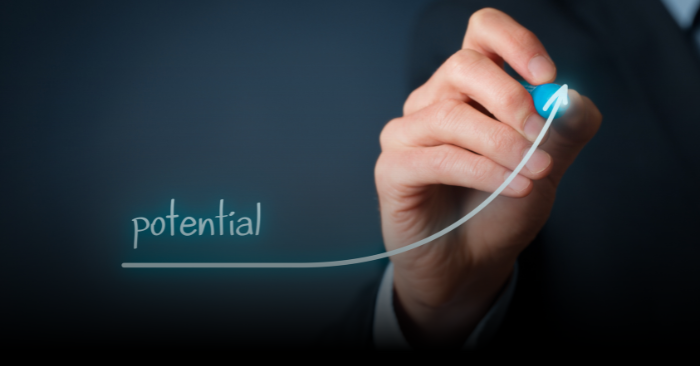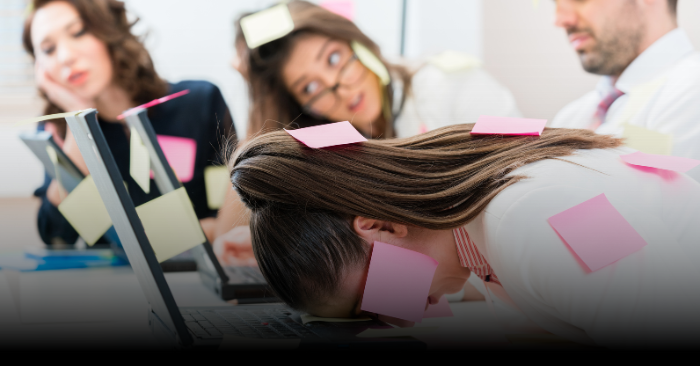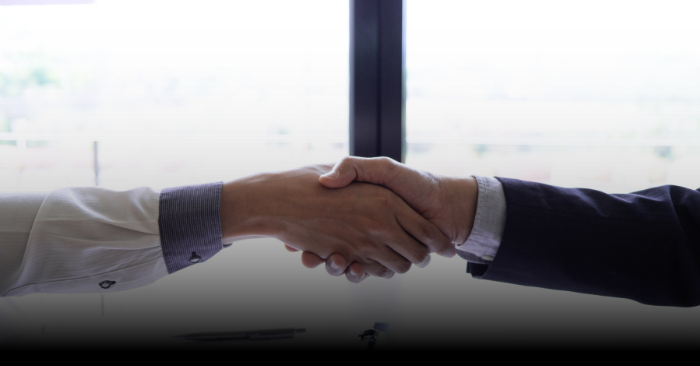
September 2021
Vic Davis & Associates
“Tired” as defined by Webster’s Dictionary…..1.a. Marked by WEARINESS: FATIGUED. b. Impatient: bored. 2. Lacking freshness: HACKNEYED. If you’re like me, the pandemic has made me tired. Tired of the hospitalizations, tired of the illness and unfortunate deaths, tired of masking, tired of social distancing, and tired of the news everyday talking about it.
What I’m not tired of is the jewelry business being so vibrant in most areas during these times. I have seen the uptick in business bring about an uptick in bench jeweler wages (a good thing and much, much needed). If you’re in that tired phase professionally give me a call to see if there might be something out there to bring some “freshness” and “energy” to your life.
From “Life’s Little Instruction Book” remember to…..
- Give yourself an hour to cool off before responding to someone who has provoked you. If it involves something really important, give yourself overnight.
- Pay your bills on time.
- Join a slow-pitch softball league.
- Take someone bowling.
- Keep a flashlight and extra batteries under the bed and in the glove box of your car.
- When playing games with children let them win.
- Turn off the television at dinner time.
- Learn to handle a pistol and rifle safely.
- Skip one meal a week and give what you would have spent to a street person.
- Sing in a choir.
- Get acquainted with a good lawyer, accountant, and plumber.
- Fly Old Glory on the Fourth of July.
- Stand at attention and put your hand over your heart when singing the national anthem.
- Resist the temptation to put a cute message on your voicemail.
- Have a will and tell your next-of-kin where it is.
- Strive for excellence, not perfection.
- Take time to smell the roses.
- Pray not for things, but for wisdom and courage.
- Be tough minded but tenderhearted.
- Use seat belts.
How to Tell the Difference Between Stress and Burnout
By: Rachel Montanez
Stress comes and goes, it’s not as challenging to manage, and we can typically pinpoint it to a situation or person. Individuals who are stressed out can still imagine feeling better once everything is under control. As a studier of burnout from the perspectives of a writer, researcher and coach, one of the first things you should know about burnout is that it can be extremely difficult to detect because it comes on subtly and progresses gradually. We don’t become burned out after a couple of rough days, and unlike being stressed, burnout feels like there’s no hope. It’s when the old you has disappeared, and all you’re left with is the physical and emotional residue of burnout and a shell of yourself.
Because burnout and stress in our careers are different, we need respective interventions at the appropriate time. It won’t help if we’re not accurately identifying and anticipating the difference. Below are some common signs of burnout.
1. Reduced Sleep
In the early stages of burnout, reduced sleep and insomnia are common signs. In fact, according to the National Sleep Foundation, regularly getting less than 6 hours of sleep is one of the best predictors of burnout. Those early signs then progress, and it becomes habitual to not say no to opportunities, people or work.
2. Overwhelm
If you constantly feel like you’re completing a never-ending to-do list with no space to unwind and refresh in between and not enough support, then you may be experiencing overwhelm. I recently wrote a piece on advocating for yourself at work. Overwhelming workloads have sadly significantly increased during the pandemic.
3. Alienation
Isolating yourself mentally or physically is a common occurrence I see when people are burned out. Not too long ago, I was coaching an Ivy League law graduate who told herself that she didn’t belong in an environment because she wasn’t “good enough.” It’s heartbreaking to watch the common irrational beliefs, and they are certainly a hallmark characteristic of stress versus burnout.
4. Exhaustion
The continual physical, mental, emotional and social toll of burnout causes energy depletion. The old you would have been able to cope but not anymore. You wish you could click your fingers, and the current operational tools, systems and procedures would no longer be draining but instead rightly managed, authentic and equitable. A recent hybrid workplace report by Voodle found, 77% say they have suffered from Zoom/Slack fatigue since the pandemic. Their research also found that a lack of human connection ranks #1 as the most challenging aspect when adjusting to remote work, which can also tie back to alienation.
5. Feeling unproductive or ineffective
You can see and feel the effects of working long hours but not feeling optimal productivity or efficacy gets under your skin as a high achiever. It’s a cycle, but you can break it.
6. A lack of joy
As feelings of cynicism, inefficacy and exhaustion increase, naturally, joy starts to dwindle across most if not all areas of life. When we’re stressed, we know that we can find solace in the things that we love, but burnout whispers there’s not enough time for them, and it certainly doesn’t give us the energy.
7. Anxiety and depression
It starts as worry and perhaps some tension but then that chronic career stress turns into anxiety or depression. Stress can actually be good for us, but burnout isn’t, and it’s incredibly costly with a near $1 trillion per year in lost productivity.
So, continuing with my coaching hat, here’s a question: Are you cutting costs or not seeking the right help? Hopefully, we’re not deepening the hole and doing both. According to Microsoft’s Work Trend Index, 41% said they’re mulling leaving their jobs, 54% of workers said they are overworked, and 39% said they’re exhausted. It’s time to make a change!








Leave A Comment